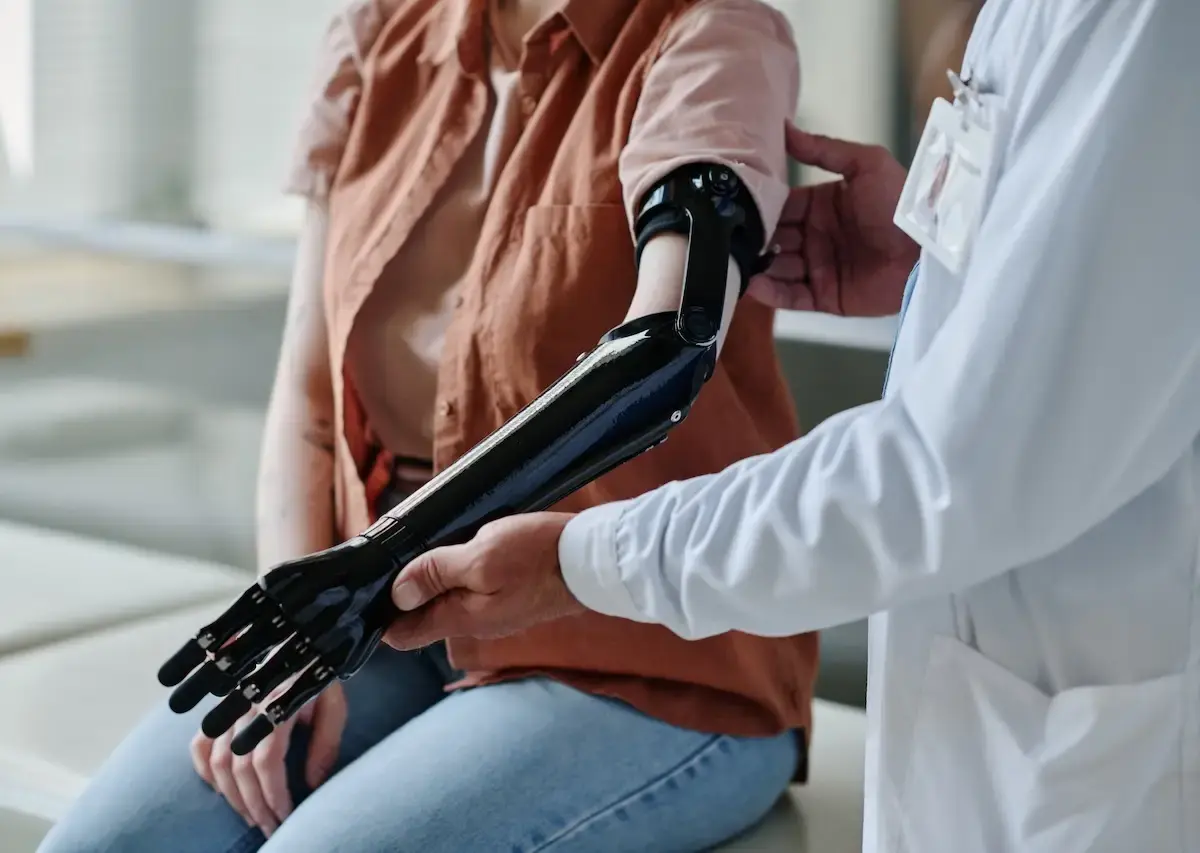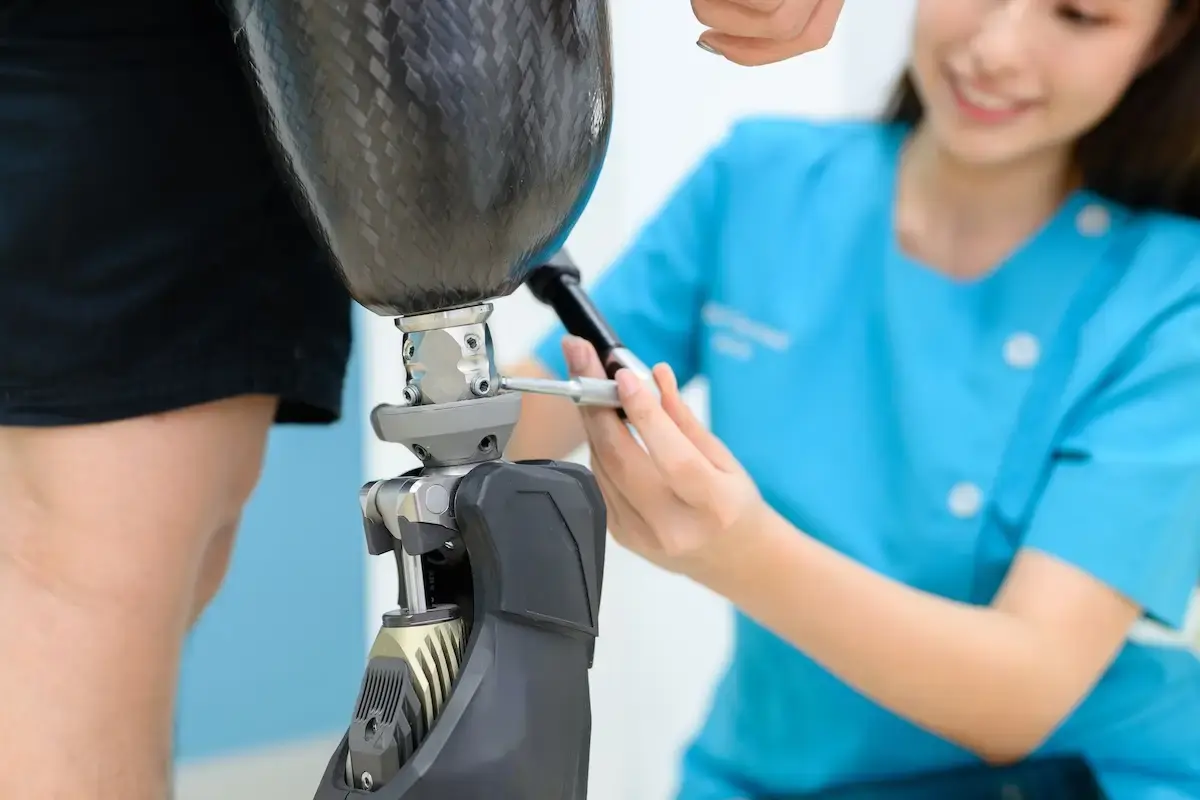Common Causes of Workplace Amputation Injuries
Workplace amputation injuries are often sudden and traumatic, typically caused by contact with dangerous equipment or hazardous conditions. These incidents are most common in industries such as manufacturing, construction, warehousing, and agriculture environments where heavy machinery and high-risk tools are part of daily operations.
Some of the most common causes include:
- Unguarded Machinery – Equipment without proper safety guards can expose workers to moving parts, increasing the risk of hands, arms, or fingers getting caught and amputated.
- Mechanical Power Presses – Often used in metalworking, these machines can cause severe crush injuries or amputations if safety mechanisms fail or are bypassed.
- Conveyor Belts – Workers can become entangled in belts or rollers, leading to serious limb injuries.
- Powered Saws and Cutting Tools – Table saws, band saws, and other cutting equipment can easily sever fingers or hands if not operated with extreme caution and protective measures.
- Crushing Injuries – Heavy objects falling or rolling over extremities can cause irreparable damage requiring amputation.
- Forklift and Vehicle Accidents – Workers struck by or caught under industrial vehicles may suffer severe limb trauma.
- Lack of Lockout/Tagout Procedures – Failure to properly shut down and secure equipment before maintenance can result in unexpected start-ups that injure workers.
- Improper Training or Supervision – Inadequate safety training or oversight can lead to avoidable mistakes and risky behavior around hazardous machinery.
.jpg)



